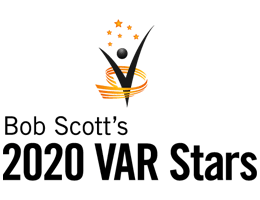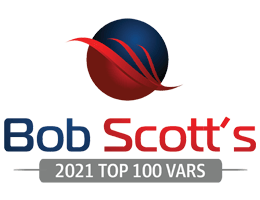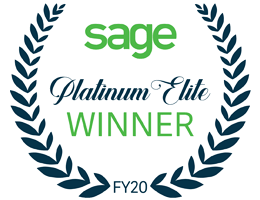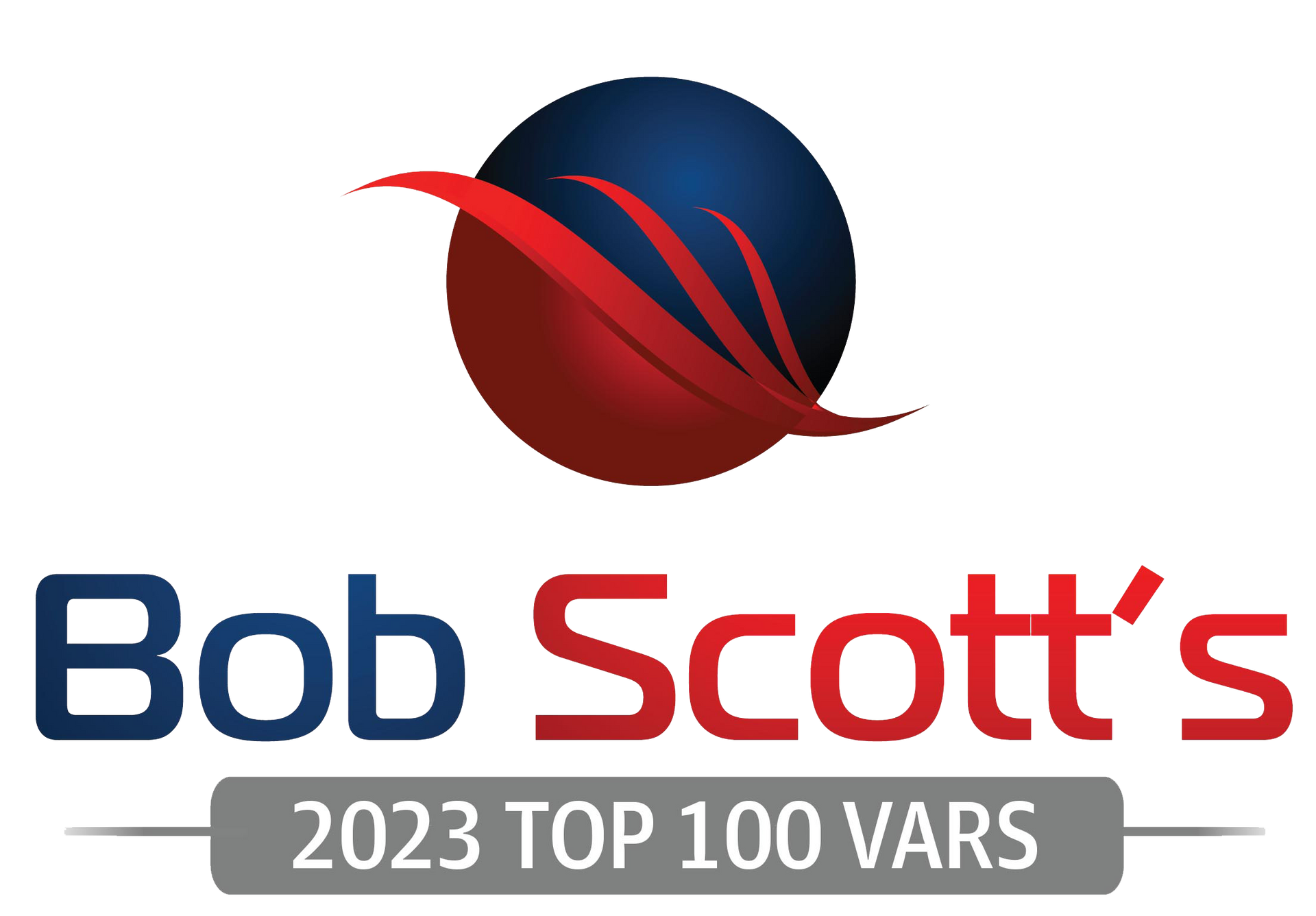Why Food Businesses Need to Invest in a Tailored ERP Solution

Why Food Businesses Need to Invest in a Tailored ERP Solution
In today’s fast-paced and competitive food industry, businesses need to stay ahead of the curve to succeed. One way to do this is by investing in a tailored ERP (Enterprise Resource Planning) solution.
An ERP system is a software that integrates all aspects of a business, from finance and accounting to inventory and production planning. A tailored ERP solution is specifically designed for the food industry, taking into account the unique challenges and requirements of food businesses.
In this article, we’ll explore why food businesses need to invest in a tailored ERP solution and how it can help them achieve their goals.
The Importance of Compliance Tracking
Food businesses are subject to strict regulations and compliance standards, and failure to comply can result in hefty fines and damage to reputation. A tailored ERP solution can help businesses stay on top of compliance by tracking and managing all necessary documentation and processes.
For example, a food ERP system can track and manage food safety certifications, allergen information, and expiration dates. It can also generate reports and alerts to ensure that all compliance requirements are met.
Streamlining Recipe Management
Recipe management is a crucial aspect of food businesses, and a tailored ERP solution can make it more efficient and accurate. With an ERP system, businesses can store and manage all their recipes in one central location, making it easier to access and update them.
Moreover, a food ERP system can also calculate the cost of ingredients and provide real-time inventory updates, allowing businesses to make informed decisions about pricing and production.
Efficient Production Planning
Production planning is a complex process that involves managing inventory, scheduling production, and tracking costs. A tailored ERP solution can streamline this process by providing real-time data on inventory levels, production schedules, and costs.
With an ERP system, businesses can optimize their production processes, reduce waste, and ensure timely delivery of products. This not only improves efficiency but also leads to cost savings and increased customer satisfaction.
Vendor Management Made Easy
Food businesses rely on a network of suppliers and vendors to source ingredients and materials. Managing these relationships can be time-consuming and challenging, but a tailored ERP solution can simplify the process.
With an ERP system, businesses can track vendor performance, manage contracts and payments, and maintain a centralized database of all vendors. This not only saves time but also helps businesses make informed decisions about their suppliers.
Cost Optimization with a Food ERP
Cost optimization is a top priority for any business, and a tailored ERP solution can help food businesses achieve this goal. With real-time data on inventory levels, production costs, and sales, businesses can identify areas where costs can be reduced.
Moreover, an ERP system can also automate processes, such as inventory control and production planning, which can lead to cost savings in the long run. By optimizing costs, businesses can improve their bottom line and stay competitive in the market.
Business Automation for Increased Efficiency
Manual processes can be time-consuming and prone to errors, which can hinder the growth of a business. A tailored ERP solution automates many of these processes, freeing up time for employees to focus on more critical tasks.
For example, an ERP system can automate inventory control, production planning, and compliance tracking, reducing the burden on employees and improving overall efficiency. This not only saves time but also leads to cost savings and increased productivity.
Reporting Tools for Data-Driven Decision Making
Data is a valuable asset for any business, and a tailored ERP solution provides businesses with access to real-time data through reporting tools. These tools can generate reports on various aspects of the business, such as sales, inventory, and production, allowing businesses to make data-driven decisions.
With accurate and up-to-date data, businesses can identify areas for improvement, track progress, and make informed decisions about future strategies. This not only improves efficiency but also leads to better business outcomes.
Workflow Automation for Increased Productivity
Manual processes can be time-consuming and prone to errors, which can hinder the growth of a business. A tailored ERP solution automates many of these processes, freeing up time for employees to focus on more critical tasks.
For example, an ERP system can automate inventory control, production planning, and compliance tracking, reducing the burden on employees and improving overall efficiency. This not only saves time but also leads to cost savings and increased productivity.
Inventory Control for Better Management
Inventory control is a crucial aspect of any food business, and a tailored ERP solution can help businesses manage their inventory more effectively. With real-time data on inventory levels, businesses can track stock levels, identify slow-moving items, and make informed decisions about purchasing and production.
Moreover, an ERP system can also automate inventory control processes, such as stock counting and reordering, reducing the risk of human error and improving overall efficiency.
Who Can Benefit from a Tailored Food Manufacturing ERP Solution?
A tailored ERP solution is beneficial for any food business, regardless of its size or type. Whether you run a small restaurant or a large food manufacturing company, an ERP system can help you streamline processes, improve efficiency, and achieve your business goals.
Conclusion
Investing in a tailored ERP solution is a smart move for any food business. With features such as compliance tracking, recipe management, production planning, and inventory control, an ERP system can help businesses stay competitive and achieve their goals.
Moreover, with the added benefits of cost optimization, business automation, reporting tools, and workflow automation, a tailored ERP solution is a must-have for any food business looking to succeed in today’s fast-paced and competitive market.
More from the blog








